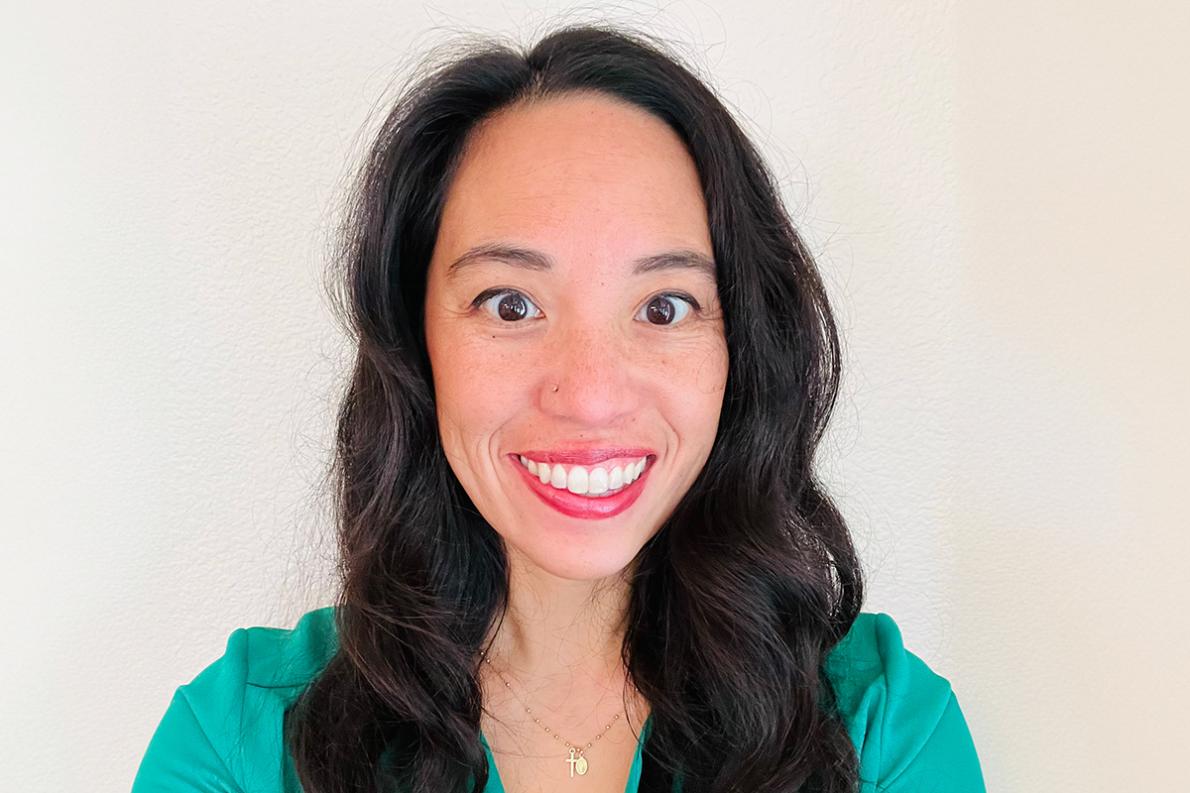Welcoming New Applied Practice Coordinator Quiara Smith, MOT, OTR/L

The Duke Occupational Therapy Doctorate (OTD) welcomes Quiara Smith, MOT, OTR/L, to the program as the Applied Practice Experience (APEx) coordinator.
Four Duke OTD APEx courses constitute the program’s Level 1 Fieldwork. At the end of each semester, students engage in a one-week simulation experience followed immediately by a one-week matching applied practice experience. The practice opportunities can include hospitals, community and school-based settings, government agencies, and other organizations. The aim of these APEx experiences is for students to transfer their didactic knowledge and learning to real-world situations.
“Quiara will be advancing our simulation practices and subsequent applied practice experiences, fulfilling our vision of APEx becoming the ‘great integrator’ across our program,” said Division Chief and Founding Program Director Barbara Hooper, PhD, OTR/L, FAOTA.
Learn more about Quiara in this Q&A
Q: What’s your hometown?
A: The San Francisco Bay Area
Q: What brings you joy?
A: There are so many things that bring me joy in life, especially my spiritual life, my family, my friends, and my facility dog, Nelly. I enjoy spending time in nature—the beach and the mountains are my favorite places. The joy I find in my professional life as an occupational therapist is the ability to serve clients and patients with a holistic and integrative approach to care in order to support their occupational engagement across a variety of contexts. I chose the field of occupational therapy because of its inherent mind, body, and spirit connection to providing quality evidence-based healthcare to all people.
Q: What excites you about this role at Duke?
A: What excites me most about my role as APEx Coordinator with the Duke OTD program is the ability to collaborate with the amazing faculty and staff to support the students' active learning and engagement experiences. I am also very excited about all the hands-on learning opportunities with the students since a lot of OT is learning through doing.
Q: Where do you see your area of occupational therapy going within the next 5 to 10 years?
A: I see it evolving into so many different areas, such as pelvic health across the lifespan of clients and patients, maternal-infant mental health, and also the evolution of how clinical simulations and clinical practice experiences are reimagined for a more hands-on learning approach for OT students in the future.